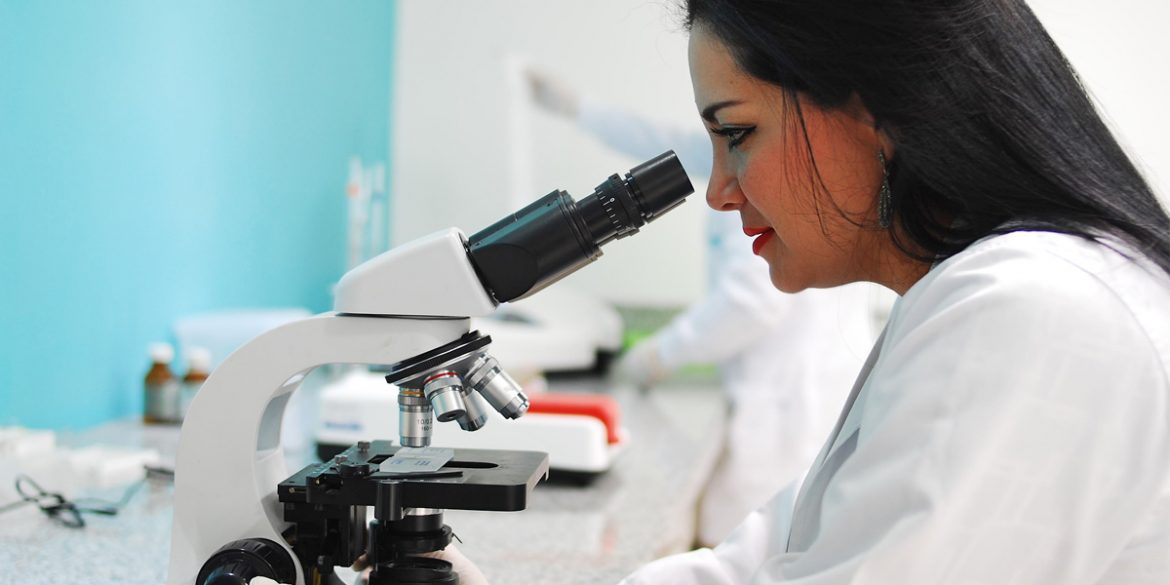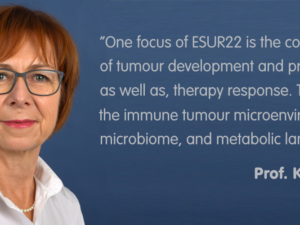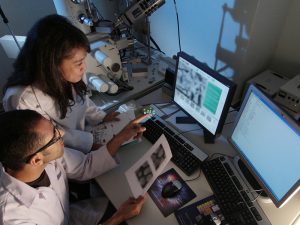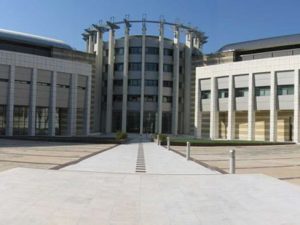By Prof. Dr. Carmen Jeronimo (PT) and Prof. Dr. Kerstin Junker (DE)
Urological research helps fuel innovation. It is the pursuit for new and better diagnostic and therapeutic strategies for patients. Urological research is driven by the need for solid understanding of urological tumours with the aim to improve treatment and management. It also addresses urogenital disorders on various levels: epidemiological, genetic, molecular, cellular, physiological and pharmacological.
American theoretical physicist and Harvard professor, Prof. Lisa Randall, once said “Scientific research involves going beyond the well-trodden and well-tested ideas and theories that form the core of scientific knowledge. During the time scientists are working things out, some results will be right, and others will be wrong. Over time, the right results will emerge.”
The yearly meeting of the EAU Section of Urological Research (ESUR) is where results of experimental (basic and translational) and clinical research in urology and related fields are amassed and showcased.
Since its inception, the meeting has been the platform for urological researchers, and the upcoming 26th edition, ESUR19, will be no different. ESUR19 is organised in collaboration with the American organisation SBUR (Society for Basic Urologic Research), and the ESUP (EAU Section of Uropathology) to bolster interdisciplinary discussions.
Internationally-known and esteemed experts will present new and exciting results of investigations on translational neurology, bladder dysfunction; local therapy in metastatic prostate cancer; microenvironment, metabolism and epigenetic reprogramming. Point-counterpoint sessions have always been a part of ESUR meeting programme wherein experts with clinical and research points of view convene to deliberate and eventually boost present findings.
The meeting aims to further probe into the growing knowledge on different cancer biology aspects, including the metabolic shift along with epigenetic reprogramming which suggests that there might be novel cancer therapeutic targets that need to be explored. Moreover, new molecules targeting the epigenome have been tested in urological tumours in both pre-clinical and clinical settings.
ESUR19 will also examine epidrugs (from basics to clinical trials), and molecular subtypes and therapeutics. Although immuno-oncology is not an entirely new topic on urological research, relevant updates such as pre-clinical and clinical trials will still be shared at ESUR19.
In line with the European Union’s concerns on individual data protection and ethical issues related to patients, updated information on this topic will be also approached and discussed by experimental researchers and medical doctors at the meeting.
In addition to invited speakers, young researchers will have the opportunity to discuss their innovative work with colleagues and potential mentors. Their oral presentations on selected abstracts and extensive poster sessions are designed to maximise interaction and dissemination. In order to enable young researchers to attend the meeting, travel awards are provided for the best abstract submissions.
ESUR19 delegates will also have the opportunity to partake in the course “New challenges and unmet needs in basic science and histopathology to address the clinical management of renal malignancies”, which is organised by the renowned European School of Urology (ESU).
The ESU course aims to offer vital information on current indications for the treatment of renal malignancies, and to provide an update on the histopathological features and molecular patterns of kidney cancer. The course will also focus on the opportunities for the introduction of genetic and molecular profiling in the daily clinical practice of patients with renal cell carcinoma.
From the very beginning, the ESUR meeting is determined to establish connections and knowledge-sharing between basic, translational and clinical researchers. Thus, we expect to have tripartite discussions that may propel procurement of solid knowledge and understanding of the most relevant aspects currently investigated in urological tumours.
This year through ESUR19, we aim to find innovations that will benefit patients’ treatment and management in the short and in the long term, and we will continue to do so in the years to come.
———
Learn more about ESUR19 by exploring https://esur.uroweb.org/ Interested in presenting your original research at this meeting? Submit your abstract(s) before the deadline of 8 July 2019 through https://abstracts.uroweb.org/abstracts/ESUR19/login. Register before 15 August 2019 to take advantage of the early bird rate through https://registrations.uroweb.org/esur19/login.
We look forward to welcoming you in Porto, Portugal!





